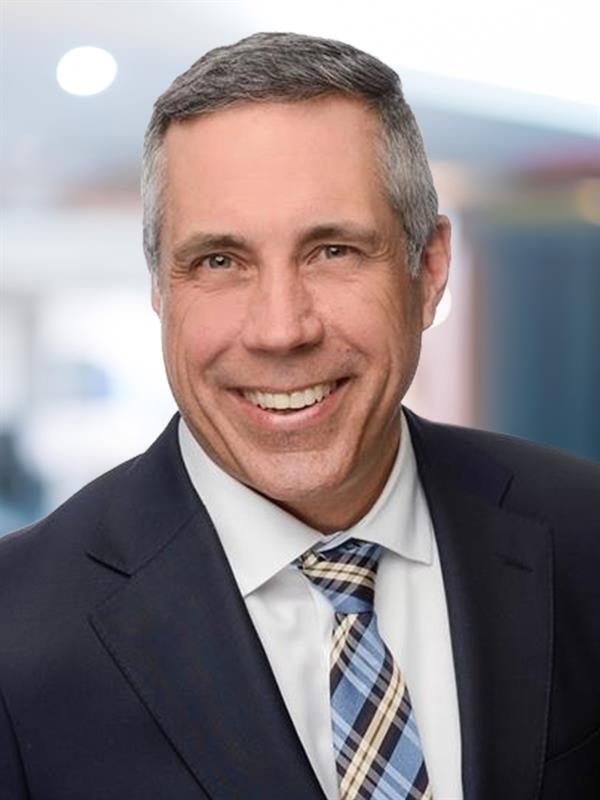MONTREAL, QC, January 16, 2023 – Quebecers’ anxiety about their debt situation is building amid rising interest rates, persistent inflation, and heightened affordability concerns. The latest quarterly MNP Consumer Debt Index finds significantly more Quebecers (60%) are already feeling the effects of interest rate increases — jumping a record 12 points since last quarter and reaching a record high. Spiking by seven points, significantly more now say their ability to absorb an interest rate increase of one percentage point has worsened (21%). About half say they’re more concerned about their ability to pay their debts as interest rates rise (56%, +11 pts) and that they’ll be in financial trouble if interest rates go up much more (50%, +6 pts).
The MNP Consumer Debt Index is conducted quarterly by Ipsos to track Canadians’ attitudes about their debt situation and their ability to meet their monthly payment obligations. It has taken a drastic plunge to 77 points, down 15 points from the last quarter and marking the biggest decline on record and an all-time low since the Index was created more than five years ago.
“This major shift in Quebecers’ attitudes towards their personal debt squares with the rapidly rising interest rates and persistent inflation we’ve experienced this past year,” says Frédéric Lachance, a Licensed Insolvency Trustee with MNP LTD in Montreal. “Many are dealing with a double whammy as they see their budgets eroded by inflation while at the same time grappling with spiking borrowing costs. Those who are overleveraged and financially vulnerable are at greatest risk of financial harm.”
Two in five Quebecers say they regret the amount of debt they’ve taken on in life (38%, +2 pts) while one in three (33%, -3 pts) say they’re concerned about their current level of debt. Down six points since the previous quarter, significantly fewer are confident in their ability to cover all of their living/family expenses in the next year without going further into debt (54%).
Rising costs are being felt by a growing proportion of Quebecers. More than half report that it’s less affordable to feed themselves and their family (57%, +5 pts), while about two in five say its more difficult to put money aside for savings (45%, +3 pts), clothing or other household necessities (44%, +3 pts). More than a third also say housing (36%, +4 pts) is becoming less affordable. Remaining stable from last quarter, two in five say that transportation (41%, unchanged) is less affordable.
“Households are having to spend most of their income each month and that’s leaving very little wiggle room to adjust to rising debt carrying costs and any increases in expenses. Many Quebecers are struggling to maintain their standard of living and often they resort to piling on more debt to get by,” explains Lachance.
Some Quebecers are already resorting to reducing their debt payments or taking on more debt to make ends meet. Compared to December 2021, more say they have paid only the minimum balance on their credit card (18%, +4 pts), paid the minimum balance on their line of credit (14%, +8 pts), borrowed money they can’t afford to pay back quickly (9%, +4 pts), or will use their savings to pay their bills (19%, +4 pts). One in 10 say they’ll use their credit card to pay their bills (12%, -1 point). Three in 10 say they plan on reducing their consumer expenses to make ends meet (31%), increasing three points since last quarter.
“More individuals are being forced to make financial decisions that could put them in a tough spot. Taking on more debt can have long-term financial impacts and push some into a debt spiral that is hard to break out of. Financial struggles like these often trigger a person’s stress and anxiety which can have significant mental health impacts,” says Lachance.
As Quebecers scale back their discretionary spending in anticipation of a tough year ahead, fewer are insolvent or are dangerously close to insolvency this quarter. Two in five (42%, -7 pts) report they’re $200 away or less from not being able to meet all of their financial obligations. That includes nearly three in 10 (27%, -7 pts) who say they already don’t make enough to cover their bills and debt obligations.
“I urge Quebecers to be aware of any financial red flags that may signal the need for professional debt guidance as they receive their holiday bills this month,” says Lachance. “These may include being unable to cover bills or anticipating missed payments, or planning to use other forms of credit to pay bills. The best next step is to seek advice from a debt professional like a Licensed Insolvency Trustee before those problems develop any further.”
Debt-relief options can include striking a deal with creditors through an informal debt settlement, consolidating all debts into one monthly payment, making a debt repayment plan through a Consumer Proposal, or declaring Bankruptcy.
Lachance explains that individuals often miss the initial warning signs or feel shameful about seeking help. That can cause the debt to snowball, and in some cases leave the individual with fewer options.
“Everyone’s debt situation is unique, so a good starting point is to meet with a Licensed Insolvency Trustee for a free, confidential review of the debtor’s finances. They will explain in depth all of the options available based on an individual’s circumstances,” advises Lachance.
Licensed Insolvency Trustees are the only federally-regulated debt professionals who are qualified to provide unbiased and customized financial assessments and to advise on all the debt solutions available. MNP offers free consultations across Canada.
About MNP LTD
MNP LTD, a division of the national accounting firm MNP LLP, is the largest insolvency practice in Canada. For more than 50 years, our experienced team of Licensed Insolvency Trustees and advisors has been working with individuals to help them recover from times of financial distress and regain control of their finances. With more than 240 offices from coast to coast, MNP helps thousands of Canadians each year who are struggling with an overwhelming amount of debt. Visit MNPdebt.ca to contact a Licensed Insolvency Trustee or use our free Do it Yourself (DIY) debt assessment tools. For regular, bite-sized insights about debt and personal finances, subscribe to the MNP 3-Minute Debt Break Podcast.
About the MNP Consumer Debt Index
The MNP Consumer Debt Index measures Canadians’ attitudes toward their consumer debt and gauges their ability to pay their bills, endure unexpected expenses, and absorb interest-rate fluctuations without approaching insolvency. Conducted by Ipsos and updated quarterly, the Index is an industry-leading barometer of financial pressure or relief among Canadians.
Now in its twenty-third wave, the Index has plunged 15 points since last quarter to 77 points, a record drop and an all-time low since the MNP Consumer Debt Index’s inception over five years ago. Visit MNPdebt.ca/CDI to learn more.
The data was compiled by Ipsos on behalf of MNP LTD between December 1 and December 6, 2022. For this survey, a sample of 2,000 Canadians aged 18 years and over was interviewed. Weighting was then employed to balance demographics to ensure that the sample's composition reflects that of the adult population according to Census data, and to provide results intended to approximate the sample universe. The precision of Ipsos online polls is measured using a credibility interval. In this case, the poll is accurate to within ±2.5 percentage points, 19 times out of 20, had all Canadian adults been polled. The credibility interval will be wider among subsets of the population. All sample surveys and polls may be subject to other sources of error, including, but not limited to, coverage error and measurement error.
National data is available upon request.



